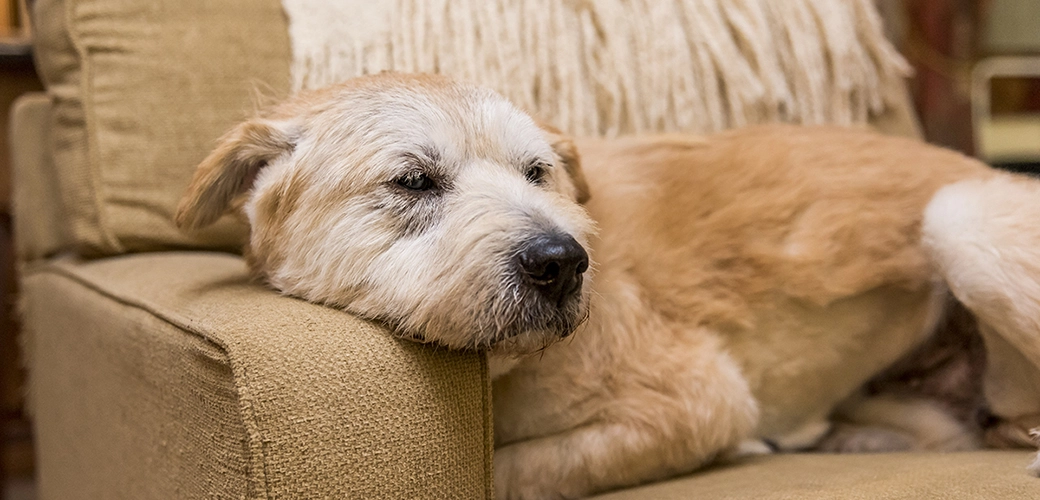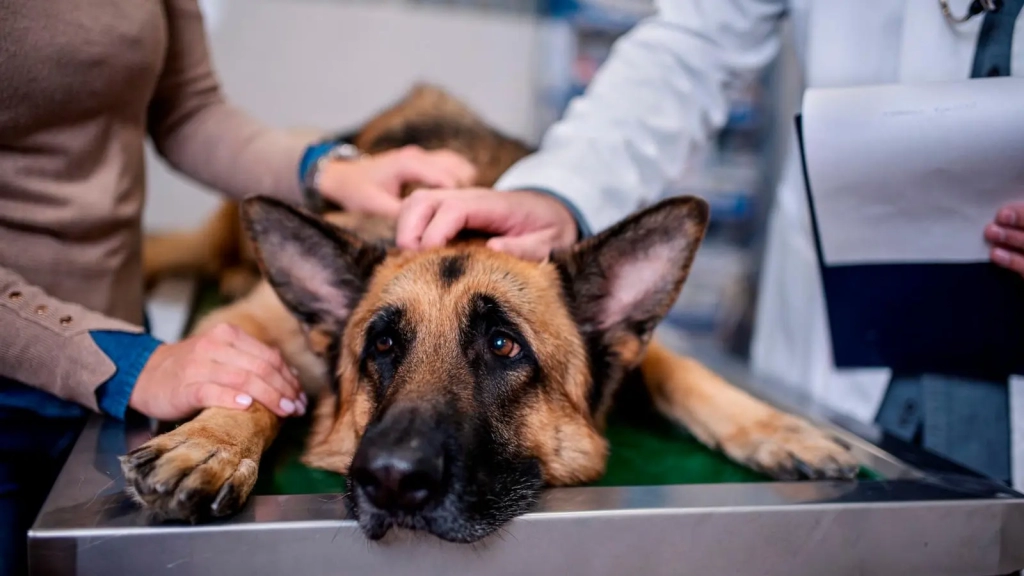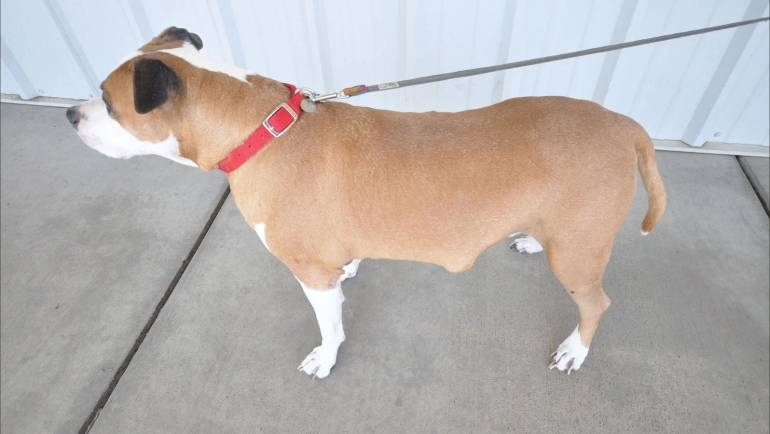233Views

Understanding and Managing Diarrhea in Older Dogs
As our faithful companions age, they may encounter various health challenges, and one common issue that pet parents may face is diarrhea in older dogs.
In this article, we’ll delve into the potential causes of diarrhea in senior dogs, ways to manage this digestive issue, and tips to improve the overall well-being of your aging canine friend.
Recognizing Diarrhea in Older Dogs
Diarrhea is not uncommon in older dogs and can manifest for various reasons. As a responsible pet owner, it’s essential to distinguish between occasional loose stools and chronic diarrhea.
Keep an eye out for signs such as increased frequency of bowel movements, changes in stool consistency, and accompanying symptoms like lethargy or loss of appetite.
Common Causes of Diarrhea in Senior Dogs
Understanding the potential triggers of diarrhea in older dogs is crucial for effective management.
Causes may include dietary indiscretions, food allergies, gastrointestinal infections, inflammatory bowel disease, or age-related issues such as reduced digestive enzyme production.
Identifying the specific cause is key to implementing targeted solutions.
Consultation with a Veterinarian

If your senior dog is experiencing persistent or recurrent diarrhea, it’s imperative to seek veterinary guidance.
A veterinarian will conduct a thorough examination, possibly including blood tests, fecal analysis, and imaging studies to pinpoint the root cause.
This professional insight is invaluable for tailored treatment and management strategies.
Dietary Adjustments for Senior Digestive Health
In many cases, dietary changes can play a significant role in managing diarrhea in older dogs.
Your veterinarian may recommend a senior-specific or easily digestible dog food, possibly with added fiber or probiotics to promote gastrointestinal health.
Gradual transitions to new diets can prevent additional stress on your dog’s digestive system.
Real Also: Best Home Remedies For Dog Diarrhea
Hydration and Nutritional Support
Senior dogs are more susceptible to dehydration, especially when experiencing diarrhea. Ensure your furry friend has access to clean water at all times, and consider offering broths or electrolyte solutions to maintain hydration levels.
Your veterinarian may also recommend nutritional supplements to support your dog’s overall health.
Monitoring and Lifestyle Adjustments
Regular monitoring of your senior dog’s bowel movements, appetite, and overall behavior is crucial for gauging the effectiveness of the management plan.
Additionally, lifestyle adjustments, such as providing a comfortable and stress-free environment, can contribute to your older dog’s well-being and aid in the management of digestive issues.
Conclusion:
Diarrhea in older dogs can be a challenging aspect of canine aging, but with attentive care and professional guidance, it can be effectively managed.
By recognizing the signs, consulting with a veterinarian, and implementing appropriate dietary and lifestyle adjustments, you can enhance the quality of life for your senior canine companion.
Remember, every older dog is unique, so work closely with your veterinarian to develop a personalized approach to address their specific health needs.


